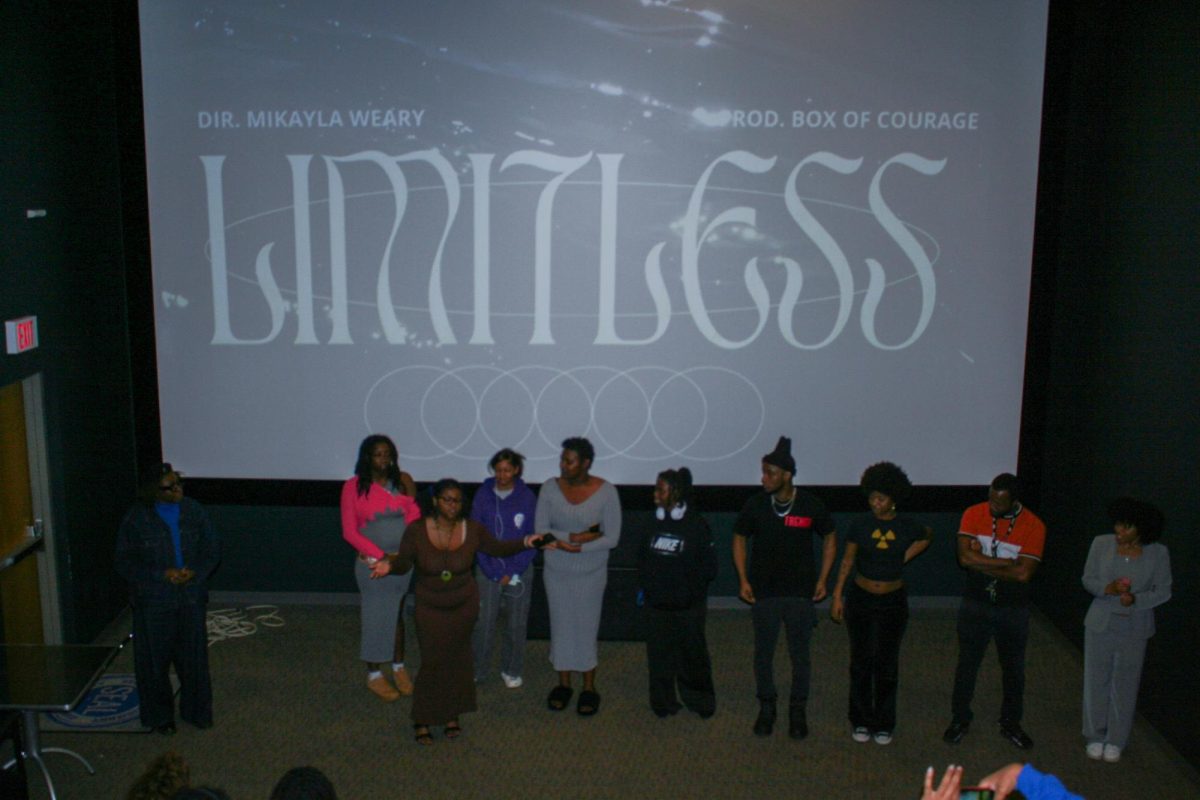Dillard University‘s Public Health Department received national accreditation for the first time in history. The department at Dillard University started in 1979 and the first graduates were in 1983. “It’s indeed the oldest undergraduate program at a historical black college and until maybe the last three years I was the only one,” said Dr. John Wilson, the Dean of the Division of Natural Science and Public Health.
“Certification by the Association of University Programs in Health Administration is defined as a process of external peer review through which programs are examined to determine quality of the curriculum, infrastructure, and outcomes.” said Dr. Carlen McLin, Director the Programs of the Division of Natural Science and Public Health.
“Accreditation is one of necessary requirements if you want your program recognized, it means all the t’s are crossed and i’s are dotted,” said Wilson.” The national accreditation of the public health program is indeed very helpful,” said Christy Malbrew. “I know I am receiving a high quality of education, it also adds merit to our university.”
The public health department has obtained the awareness that the program meets the gold standard for public health programs, validates that the program is one of the most premier programs on a national level and strengthens collaborations with master level programs who are also accredited, said McLin.
” The national accreditation of public health will help me because it means that I am assured that I will receive the highest quality of education possible and , for our communities, its means that I will provide them with the best public health efforts,” said Jovan Thomas, a senior public health major.
“The process took three years and consisted of the assessment of the programs by a consultant, an application submission of candidate position, and the self €”study, which was written by McLin and a consultant Dr. Arneida Houston, an undergraduate review followed,” said McLin. Wilson stated, “The process was very expensive but was partially funded through a grant from the Louisiana Board of Regents,”
“We have a very challenging curriculum. I remember Dr. Tom McIIIwain , one of our consultants said to me that no changes were need in curriculum for health system management.” said McLin. “Yes the curriculum is challenging to a degree and it is designed to allow the students to get well-rounded knowledge about the subject at hand,” said Dr. Tom.
“Many of the students have been accepted into the top schools around the nation which include Emory University, University of Pennsylvania, University of Tennessee, University of Southern California and Yale University,” said McLin. Malbrew added ” I know that Dillard’s program was instrumental in my earning acceptance into graduate school.”
“The Division of Natural Science and Public Health has three tracks to guide for students to get a degree in public health, including health systems management, community health education, and health science,” said Wilson. “Though all these programs are apart of public health, the health system management was the one which was intensively evaluated and received accreditation,” said McLin.
Public Health Department Certification
Dillard University‘s Public Health Department received national accreditation for the first time in history. The department at Dillard University started in 1979 and the first graduates were in 1983. “It’s indeed the oldest undergraduate program at a historical black college and until maybe the last three years I was the only one,” said Dr. John Wilson, the Dean of the Division of Natural Science and Public Health.
“Certification by the Association of University Programs in Health Administration is defined as a process of external peer review through which programs are examined to determine quality of the curriculum, infrastructure, and outcomes.” said Dr. Carlen McLin, Director the Programs of the Division of Natural Science and Public Health.
“Accreditation is one of necessary requirements if you want your program recognized, it means all the t’s are crossed and i’s are dotted,” said Wilson.” The national accreditation of the public health program is indeed very helpful,” said Christy Malbrew. “I know I am receiving a high quality of education, it also adds merit to our university.”
The public health department has obtained the awareness that the program meets the gold standard for public health programs, validates that the program is one of the most premier programs on a national level and strengthens collaborations with master level programs who are also accredited, said McLin.
” The national accreditation of public health will help me because it means that I am assured that I will receive the highest quality of education possible and , for our communities, its means that I will provide them with the best public health efforts,” said Jovan Thomas, a senior public health major.
“The process took three years and consisted of the assessment of the programs by a consultant, an application submission of candidate position, and the self €”study, which was written by McLin and a consultant Dr. Arneida Houston, an undergraduate review followed,” said McLin. Wilson stated, “The process was very expensive but was partially funded through a grant from the Louisiana Board of Regents,”
“We have a very challenging curriculum. I remember Dr. Tom McIIIwain , one of our consultants said to me that no changes were need in curriculum for health system management.” said McLin. “Yes the curriculum is challenging to a degree and it is designed to allow the students to get well-rounded knowledge about the subject at hand,” said Dr. Tom.
“Many of the students have been accepted into the top schools around the nation which include Emory University, University of Pennsylvania, University of Tennessee, University of Southern California and Yale University,” said McLin. Malbrew added ” I know that Dillard’s program was instrumental in my earning acceptance into graduate school.”
“The Division of Natural Science and Public Health has three tracks to guide for students to get a degree in public health, including health systems management, community health education, and health science,” said Wilson. “Though all these programs are apart of public health, the health system management was the one which was intensively evaluated and received accreditation,” said McLin.





























